The field of education is undergoing a remarkable transformation, driven by technological advancements, changing societal needs, and a shift toward lifelong learning. As we move into the future, understanding these trends is essential for educators, policymakers, and learners alike. Here are the key trends shaping the future of education.
1. The Rise of Artificial Intelligence (AI) in Education
AI is revolutionizing education by providing personalized learning experiences, automating administrative tasks, and offering intelligent tutoring systems.
- AI-Powered Adaptive Learning: Platforms like Coursera and Khan Academy use AI to adjust content based on individual learning styles and paces.
- Administrative Efficiency: AI tools help automate tasks like grading and scheduling, freeing educators to focus on teaching.
2. Blended and Hybrid Learning Models
The pandemic accelerated the adoption of hybrid learning, combining online and in-person methods.
- Flexibility and Accessibility: Students can learn at their own pace, from anywhere.
- Enhanced Engagement: Interactive tools like virtual labs and simulations make learning more engaging.
3. Gamification of Learning
Integrating game mechanics into education is proving to be a powerful motivator.
- Interactive Learning: Tools like Kahoot and Duolingo use rewards and leaderboards to encourage participation.
- Improved Retention: Gamification enhances memory retention through active engagement.
4. Microlearning and Short Credentialing
With attention spans shrinking and the demand for upskilling growing, bite-sized learning is on the rise.
- Focused Content: Short videos, infographics, and quizzes deliver content in manageable chunks.
- Stackable Credentials: Learners can earn micro-credentials that stack toward larger qualifications.
5. Emphasis on Lifelong Learning
The rapid pace of technological change has made continuous learning a necessity.
- Reskilling and Upskilling: Programs like LinkedIn Learning and Udemy cater to professionals looking to stay relevant.
- Learning Beyond Classrooms: MOOCs and informal learning channels encourage education at all stages of life.
6. Virtual and Augmented Reality (VR/AR)
Immersive technologies are transforming the way students interact with content.
- Virtual Classrooms: Platforms like AltspaceVR create lifelike virtual learning spaces.
- AR Experiences: Tools like Google Expeditions let students explore historical landmarks or the human anatomy in 3D.
7. Focus on Emotional and Social Learning (SEL)
Education is increasingly recognizing the importance of emotional intelligence.
- Mindfulness Practices: Many schools incorporate mindfulness and meditation into curricula.
- Collaboration Tools: Platforms encourage teamwork and communication to build SEL skills.
8. Data-Driven Decision Making
Educational institutions are leveraging data analytics to enhance learning outcomes.
- Predictive Analytics: Identifying at-risk students and providing timely interventions.
- Performance Tracking: Real-time dashboards help educators and students track progress.
9. Sustainability in Education
The push for sustainability is influencing educational content and infrastructure.
- Eco-Friendly Campuses: Schools and universities are adopting green building practices.
- Curriculum Updates: Programs are incorporating climate change and sustainability into core subjects.
10. Equity and Inclusion
Ensuring equitable access to quality education is a top priority.
- EdTech for Accessibility: Tools like screen readers and captioning ensure inclusivity for differently-abled learners.
- Global Reach: Online platforms are breaking geographical barriers to provide education worldwide.
Conclusion
The future of education is exciting and dynamic, characterized by technological innovations, a focus on inclusivity, and an emphasis on lifelong learning. By embracing these trends, educators and learners can create a more adaptable, engaging, and equitable educational ecosystem.
What trends do you think will redefine education in the coming years? Share your thoughts below!
